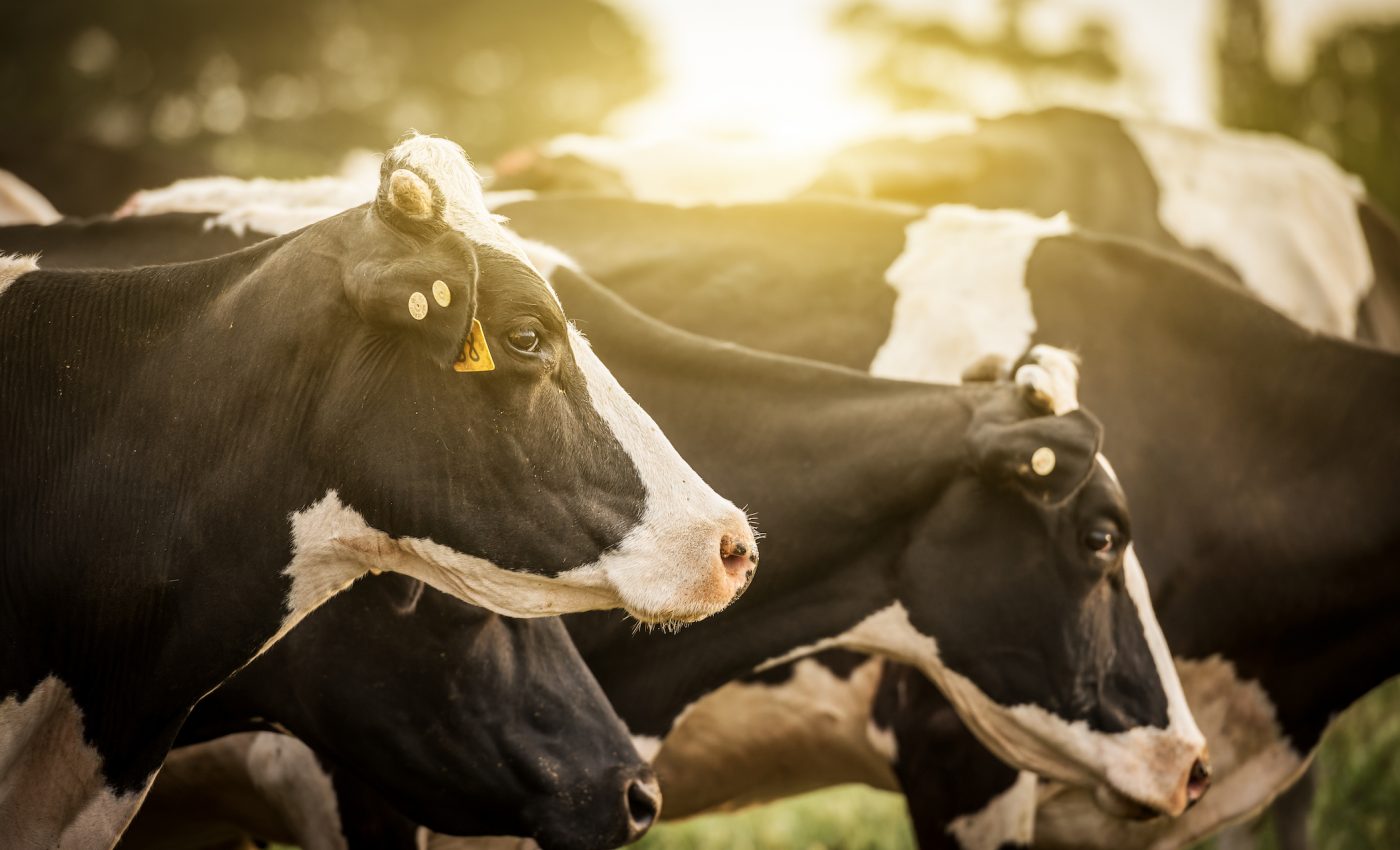
Methods to protect livestock can impact entire ecosystems
For livestock farmers, large carnivorous predators are more than a nuisance and can pose a major threat to a farmer’s entire livelihood. But the methods implemented to manage these predator encounters can have a ripple effect on the entire ecosystem.
There exist many methods for reducing predator-livestock interactions, but new research shows that these methods and their effectiveness need to be thoroughly investigated before farmers implement them in their own herds.
A collaboration of 21 researchers across ten countries examined 114 peer-reviewed scientific studies on different lethal and non-lethal methods to find the most effective ways to deter predators and improve human/carnivore coexistence.
The findings were published in the journal PLOS Biology.
While it’s important to protect people, and by association their livestock, from predators, it’s equally important to protect and conserve existing ecosystems and reduce population declines.
However, farmers often use whatever methods they have found to be the most effective, lethal or not, with little consideration for the environmental impacts.
“Too often our current practices are based on habit and history, not evidence,” said Lily van Eeden, a lead author of the study in a statement. “Continuing with ineffective management has social and financial costs for the rural communities who bear the impacts of predator attacks on their livelihoods.”
This is what motivated the researchers to conduct the study, to prove the effectiveness of different methods and to highlight the lack of research on lethal and non-lethal methods for protecting livestock.
The researchers found that three non-lethal methods, guardian dogs, livestock enclosures, and fladry (hanging colored flags on rope fences to keep wolves away) were the most effective at protecting livestock.
Other methods, both lethal and non-lethal, could have potential but there exists too little scientific evidence to back them.
An organization called the Defenders of Wildlife is working to address this gap in research for non-lethal livestock management and the study authors say that thorough research should be a prerequisite to any large-scale implementation of new methods or policy changes.
“We call on the scientific and agricultural communities to hold carnivore management to the highest standards of scientific integrity,” said Jennie Miller, a fellow lead author of the study and senior scientist at the Defenders of Wildlife. “When scientists, policymakers and livestock producers come together to make wise regulations, we’ll save money, time, livestock and carnivores alike.”
—
By Kay Vandette, Earth.com Staff Writer













